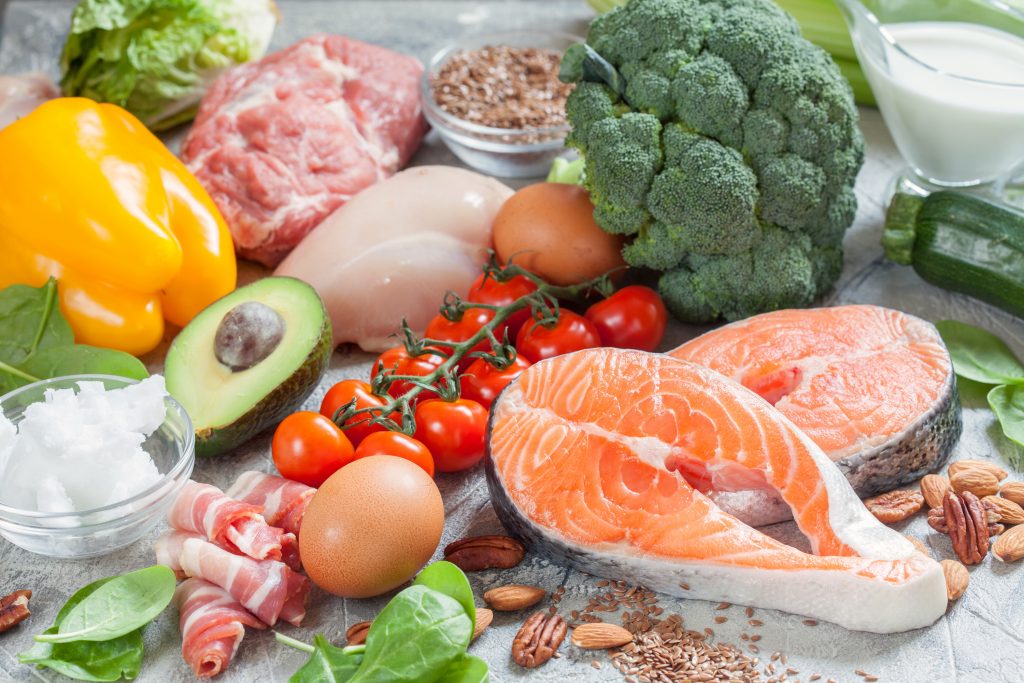The Importance of a Tooth-Healthy DietMar 02 2018
 Besides brushing and flossing, there is one more thing you can do to keep your teeth healthy throughout your life. And that is, to maintain a healthy diet.
Besides brushing and flossing, there is one more thing you can do to keep your teeth healthy throughout your life. And that is, to maintain a healthy diet.
Most people know not to drink soda and other sugary drinks or to eat sticky, sugary foods. Those would be the "Dont's." But if you want to have the best chance of a cavity-free trip to the dentist, the following foods are the "Do's."
Because protein plays such a key role in the healing of tissues in the body, including the connective tissues in your mouth and tooth structure, it is first on our list. Proper protein consumption is crucial to supporting a healthy smile and can be acquired by eating chicken, fish, eggs, grass-fed beef, and yogurt. For plant-based diets, beans, nuts, seeds, quinoa, and tofu are all excellent sources.
Vitamin D and calcium are important for the immune system, connective tissue, and tooth enamel, which is made of mostly calcium. Good sources of calcium include yogurt, cheese, and milk, while plant-based sources include kale, tofu, almonds, and broccoli. For vitamin D, fish is one of the highest sources, especially salmon and sardines, along with milk and eggs. Vegan sources include mushrooms, tofu, and fortified almond and soy milk. And of course, you can always spend 15 minutes per day out in the sun to get your daily dose!
Next, is Vitamin C, essential for immune functioning (think gum disease prevention) and collagen production. Collagen is important because it forms the ligaments that hold your teeth in place. Good sources of vitamin C include bell peppers, broccoli, papaya, kiwi, oranges, and strawberries. Remember that while fruit juices are also high in vitamin C, these juices can be just as damaging to your tooth enamel as soda, so minimize sugary juices without the fiber.
While Omega 3 fatty acids are present in a lot of foods already mentioned, you definitely would not want to overlook them in your tooth-healthy diet. These are the nutrients that reduce the inflammatory response to help the immune system, fight bacteria, and help support the connective tissues in your mouth and gums. Great sources include fish (mackerel and salmon are the highest), tuna, anchovies, and egg yolks. Plant-based sources include walnuts, chia seeds, flaxseeds, avocado, and hemp seeds.
So now that you know what foods to eat to support your smile, how does your diet measure up? The good news is, you can start today to add the foods that you may have been missing to begin enjoying their benefits. Bon appetit!
Request Appointment